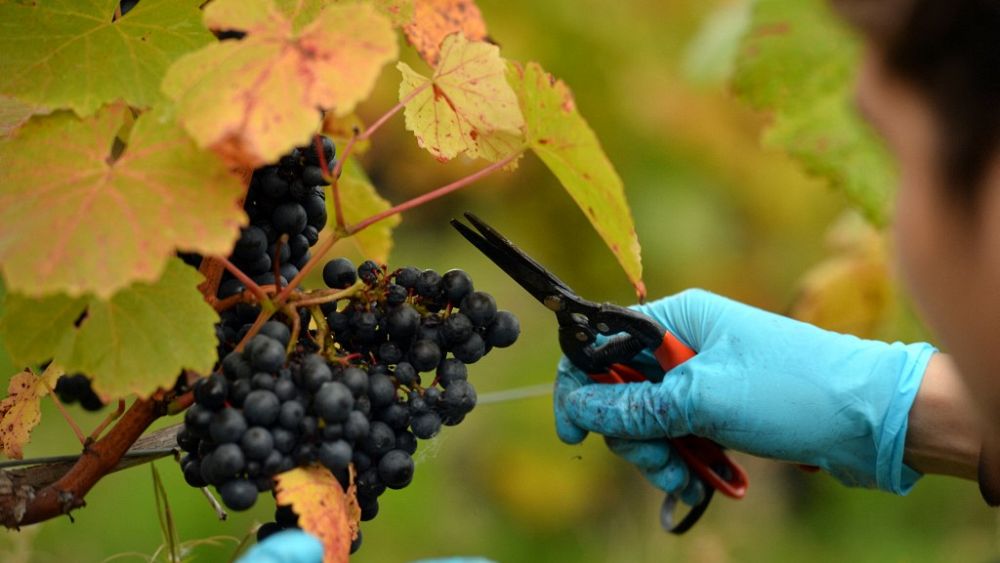The British authorities want to relax regulations on the wine industry in order to promote its post-Brexit economy.
The new regulations are due to come into force on January 1, 2024, following their adoption by the British Parliament at the end of October.
The changes, which will not be mandatory, aim to simplify the law and help the UK enjoy its post-Brexit freedoms. Until now, the country has retained numerous European regulations, for lack of having passed new ones.
For example, the words “Imported” or “Imported by” will no longer be mandatory on imported wine bottles, unlike the EU.
Encouraging the British wine industry
Many forms of processing will be legalized, such as adding sugar or carbon dioxide, once the wine arrives in Britain.
With current restrictions, imported wine must already be bottled, which “increases costs and carbon emissions” according to British authorities.
Mixing grape varieties will also become legal without restrictions, unlike what is permitted in the European Union.
Piquette, the production and sale of which is currently banned in the EU and the United Kingdom, will be legalized.
Its bad reputation in France comes from its manufacturing process: the grape marc, in other words the solid remains recovered after the extraction of the juice, is mixed with water to produce a drink with a low alcohol content.
On the British side, the authorities highlight that its legalization “will allow wine producers to monetize what would otherwise be a loss of product”.
The rules around wine packaging will also evolve: no more mushroom-shaped caps, no aluminum caps for sparkling wines, no thin, elongated bottles reserved for Alsace wines.
The British wine industry is no longer made up of just importers and retailers. On the contrary, it is a sector in full expansion, thanks to (or because of) warmer temperatures linked to climate change.
The sector is very young, with 59% of current vines having been planted after 2010 according to Wines of Great Britain, which represents the British wine industry.
Sales of wine from English and Welsh production have jumped 70% since 2020, and the British wine sector is expected to grow by 50% by 2025, according to Wines of Great Britain.
Non-alcoholic drinks recognized as “wine”
A drink made from fermented grape juice can currently be called “wine” if the drink has been transformed following a specific process. It must also contain a quantity of alcohol between 8.5% and 15%, with rare exceptions for protected geographical names.
The new regulations will allow the word “wine” to be attached to drinks made from grapes containing less than 8.5% alcohol, including zero degree.
Selling “non-alcoholic wine” is currently prohibited, although widely used in everyday language, such as in France.
For the British authorities, this relaxation of the rules should not create confusion for consumers.
This positioning goes against that adopted by the United Kingdom regarding vegan products.
The country still follows European regulations from 1987, which prohibits the name “milk” for plant-based drinks, such as “oat milk”.
The United Kingdom could go further and ban the association of the words “yogurt” and “cheese” with vegan products, as well as Unearthed reported earlier this year. A decision in line with the dairy industry, which fears possible confusion for consumers.


